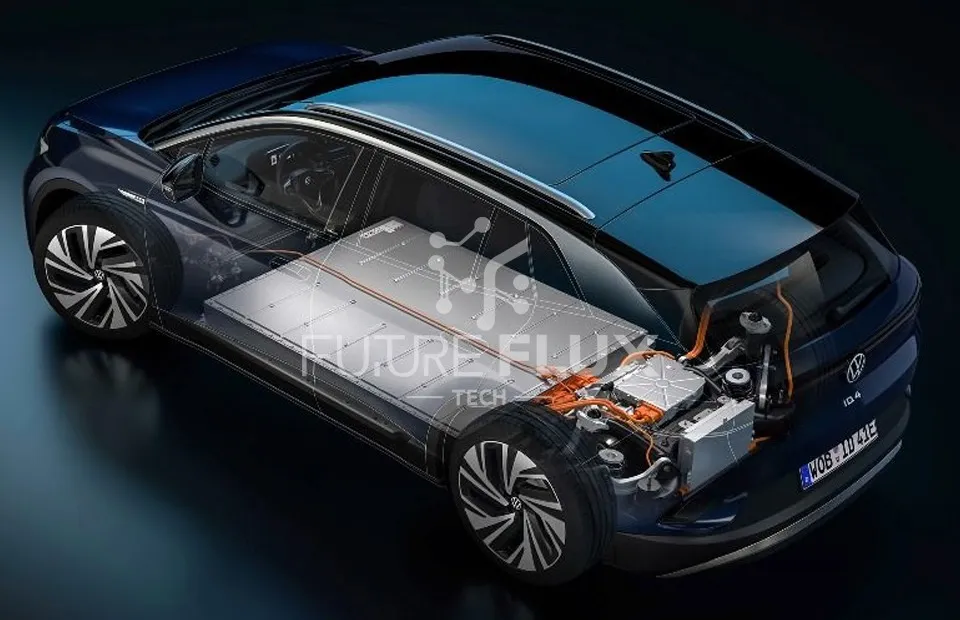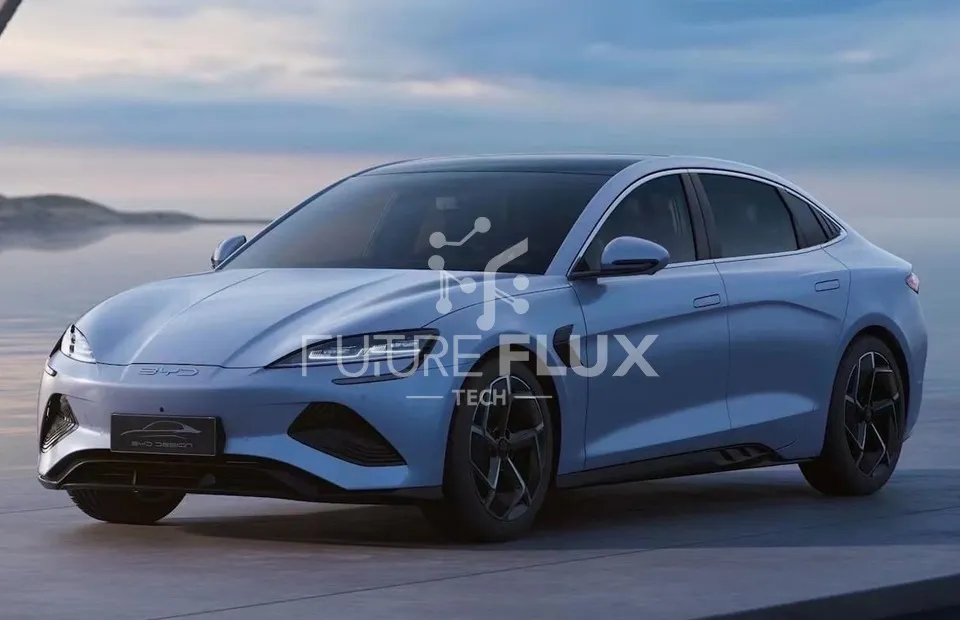Electric vehicles (EVs), a popular and innovative category of motor vehicles, are eco-friendly, efficient, and technologically superior. One major worry of potential EV buyers is how long the electric car battery will last. How long do electric car batteries last? This question covers aspects like the battery life of electric vehicles, the durability of electric vehicle batteries, the factors associated with electric vehicle battery life, measures to increase the life of the electric vehicle battery, etc. This extensive article elaborates on these features, providing an informed understanding of what existing and prospective EV owners should anticipate.
1- Expected Lifespan of EV batteries

Electric cars typically come with warranties of at least eight years, often covering up to 10 years and 100,000 miles. For example, with the Leaf Nissan offers an 8-year or 100,000-mile warranty, while as far as how long do Tesla batteries last then, Tesla has its own up to eight years and limited mileage warranties on each vehicle. Those warranties give you a general sense of how many years manufacturers expect their batteries to deliver best-case results.
Future of EV Batteries

The future of electric vehicle batteries looks very promising. Current research aims to improve the durability and lifespan of EV batteries. Anticipated new technologies, such as artificial intelligence to manage electrified vehicles, will enhance the efficiency, sustainability, and quality of these devices.
One of the most awaited developments in the EV sector involves solid-state batteries. Here, manufacturers replace organic polymers with small molecules. Solid-state batteries, which mostly replace the organic electrolyte with a solid substance, can provide higher energy densities, although this may affect safety and usability.
The solid electrolyte is expected to prevent the battery from overheating and catching fire, enabling cars to operate longer. Additionally, the extra energy from these batteries can power cars for longer distances while being physically lighter. Thus, how long electric car batteries last is no longer a mystery.
2- Tips to Extend Battery
Here are some extend EV battery life tips for extending the lifespan of EV batteries effectively:
Avoid Frequent Fast Charging
Fast charging may be quick and convenient, but it should still be done in a limited way. Fast charging, in fact, generates more heat and has an impact on the battery. As a result of that, the degradation rate may accelerate. As for regular charging, it is better to use Level 2 chargers so that it can be gentler on the battery.
Use Preconditioning Features
Most of today’s EVs are with preconditioning features preparing the battery for the best charging or driving conditions. For instance, if a battery overheats, a coolant will be released that will cool the battery to a proper operational temperature. Their usage ensures that the battery is not in a ignore scenario due to the vagaries of the weather.
Park in Climate-Controlled Areas
In case you have an option of parking your EV in a shelter or under a shadowed location, it’s better to do so to get the battery out of the way of extreme temperatures. The battery will lose its lifetime more rapidly due to high temperatures, while cold will reduce its effectiveness. Parking within a climate-controlled environment is one way to ensure the battery’s life and performance.
3- Important factors to consider:
The most contributing factors affecting EV battery life are electric vehicle battery durability, service cycle, charge condition, and the lifespan of the vehicle. By knowing these factors, owners can enhance their battery performance and durability.
Charging Habits
It’s essential to control the EV battery lifespan by the way and the time you charge your EV. On the other hand, fast charging is more comfortable, the battery cells may be damaged for various reasons especially. Additionally, a profound association of warmth and energy is by the interaction of heat and batteries, respectively.
Driving Patterns
Aggressive driving involving instant throttle position. Besides, hard braking are some stress factors that can lead to the battery’s faster disintegration. Besides that, driving at moderate speeds and increasing the vehicle’s load can ruin the battery’s performance.
Environmental Conditions
Both extreme high and low temperatures can be problematic for EV batteries. High temperatures are harmful to batteries because faster chemical reactions happen, and they degrade. As a consequence, the overall range and efficiency of the battery are compromised. On the otherhand, lower temperatures result in reduced efficiency. Thermally managed EVs will help to cope with these issues. However, storing them in shaded or highly temperature-regulated spots will also be very helpful.
The warranty and expectation:
EV battery warranty for EV owners is a new opportunity they embrace, as it secures them against possible damages and significant degradation. Most electric vehicle (EV) battery warranties cover the battery for eight years or 100,000 miles. In addition, some manufacturers can offer more extended or mileage-specific warranties. Such warranties constitute mainly through defects in materials or quality. Nonetheless, its on users to know that the warranties might be void in case normal wear and tear or negligence. Therefore, it is of utmost importance for EV drivers to carefully use and understand the battery guarantee’s fine print, highlighting the items that are not included.
Final words
To sum up, the EV battery lifespan is essential for electric vehicle owners and consumers who are considering buying one. The average lifespan of an EV battery at present is between 8 to 15 years. Still, many other factors, such as charging and driving habits, environmental conditions, and battery management systems, are in place. that empower us to act and significantly influence practical operation and longevity.
FAQs
1- Can environmental conditions affect durability of EV batteries?
Yes, environmental conditions such as extreme hot or cold temperatures can affect electric vehicle battery durability. High temperatures can accelerate battery degradation, while cold temperatures can reduce battery efficiency and range. Parking in shaded or climate-controlled areas can help protect the battery.
2- Can you tell what are the best Evs for battery life?
Some best Evs for battery life include Nissan Leaf, Audi e-tron and Tesla Model S.
3- Can charging habits affect EV battery lifespan?
The way in which the high frequency charging is done affects the lifespan of electric vehicle batteries. Fast charging is the mode with the highest intensity, meaning more heat and battery stress, which in turn will influence degradation speed. The advantages of using slower, Level 2 chargers for regular charging and avoiding keeping the battery at 100% or very low levels are that it can maintain battery health.
I’m Waqas, an electric vehicle enthusiast and tech writer with over 6 years of experience covering the EV industry. I write in-depth articles, comparisons, and reviews to help readers understand the fast-evolving world of electric mobility. From battery technology to EV launches and charging trends, I aim to make complex EV topics simple, engaging, and informative for everyday drivers and curious readers alike.





